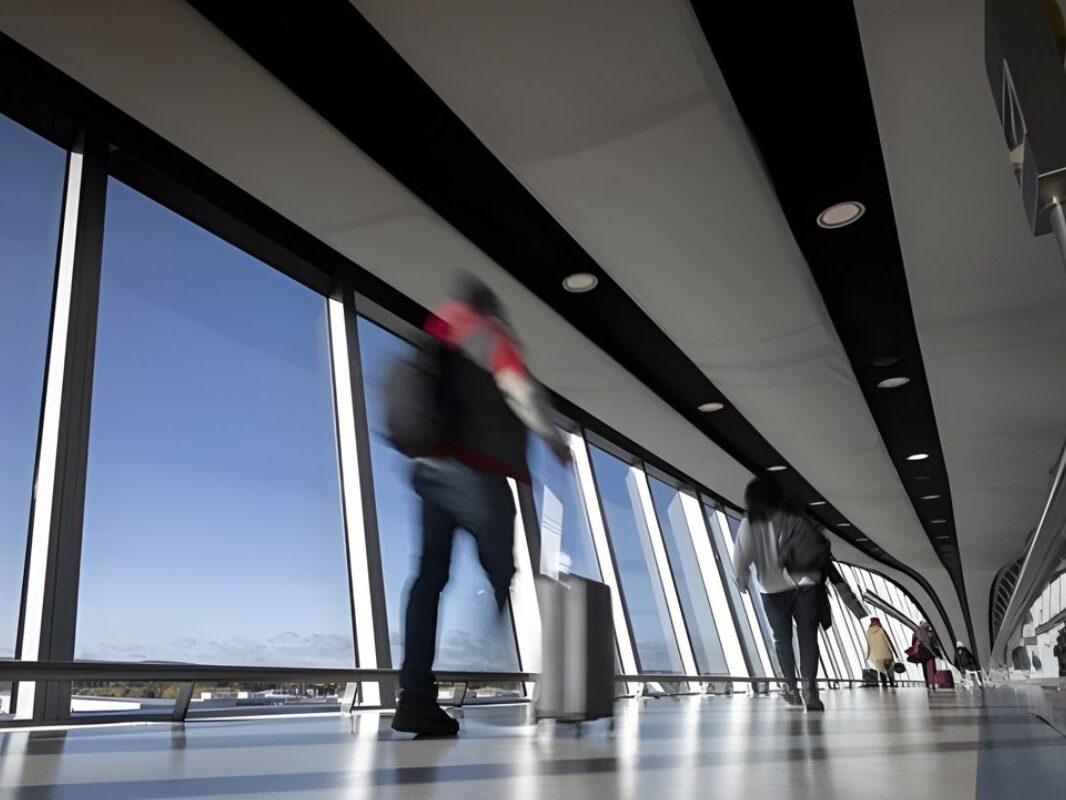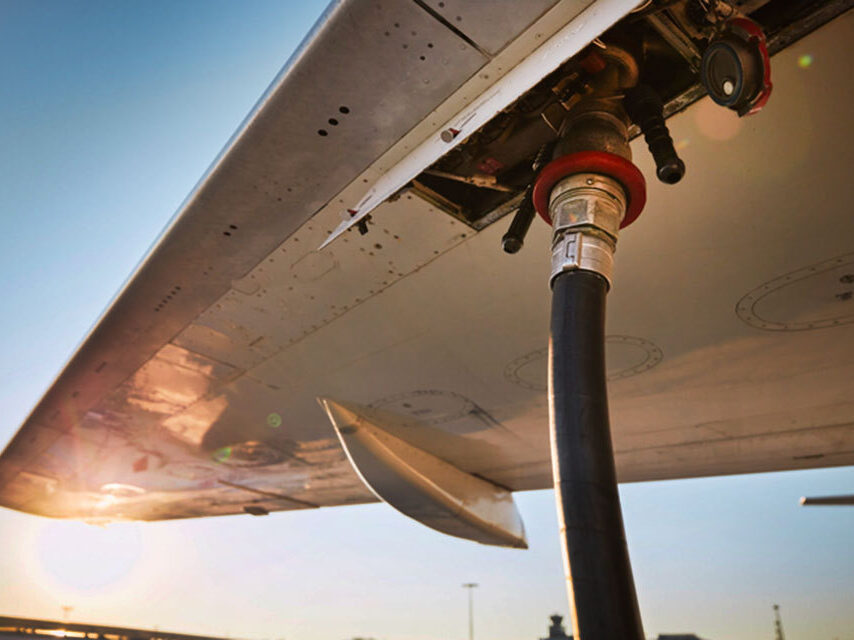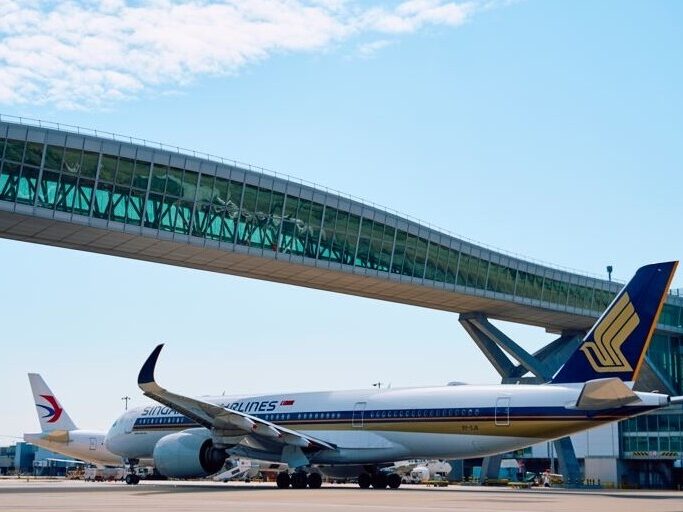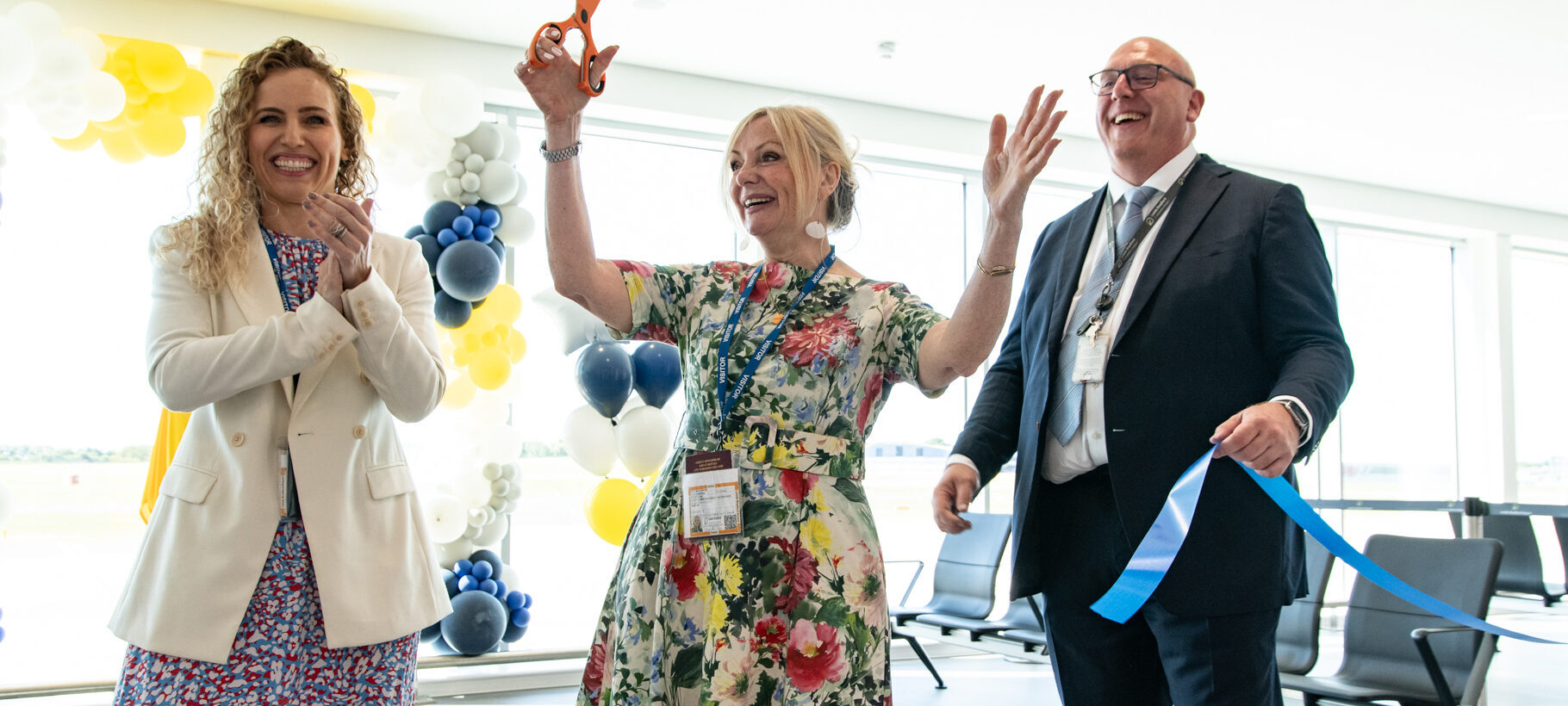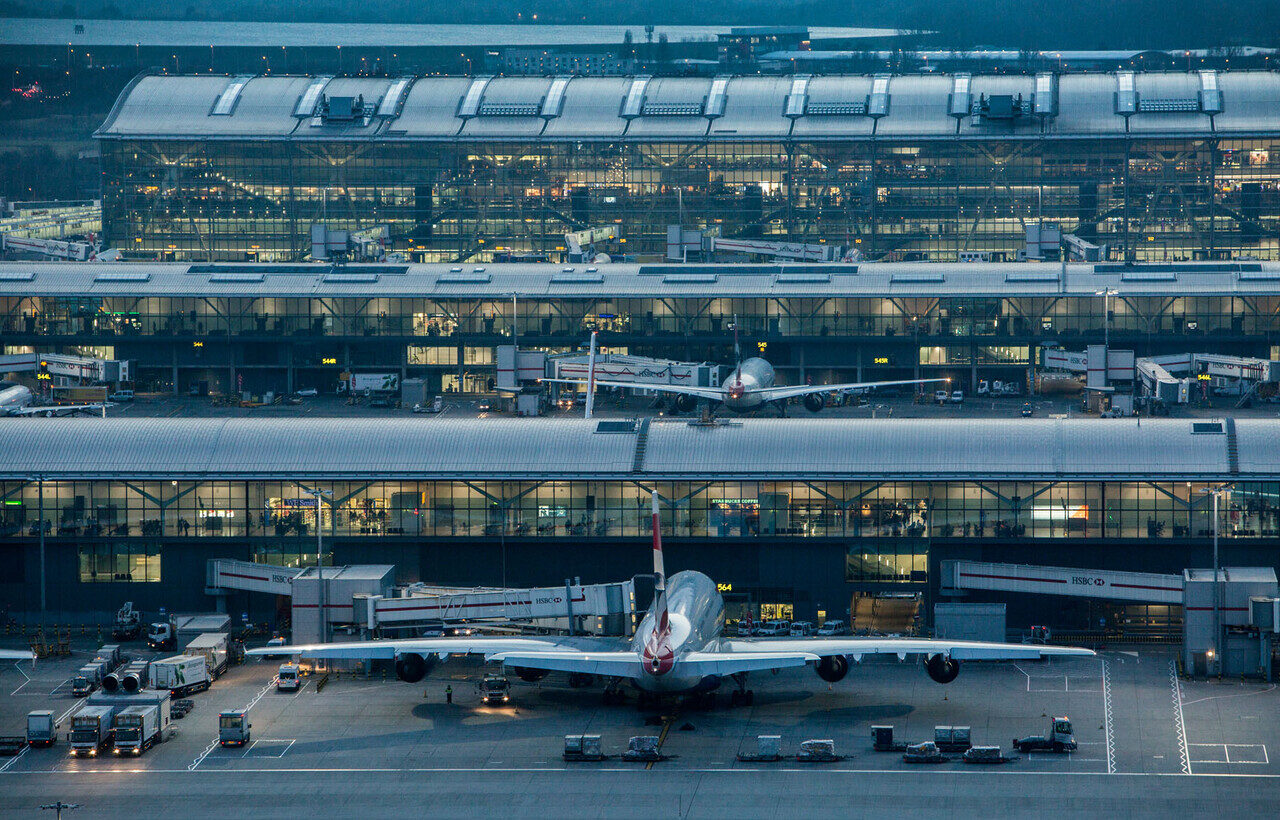The UK Civil Aviation Authority (CAA) has found that 10% of passengers feel fully aware of their rights in the event of a flight disruption.
The data, which comes from a newly published piece of research from the CAA, comes ahead of what is anticipated to be the busiest summer holiday period in the country’s history, surpassing the pre-pandemic figure of 23.8 million in 2019.
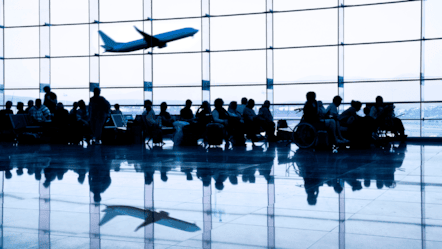
The CAA has begun publishing accessible guides on social media to ensure passengers are fully aware of their rights, as well as reminding airlines of their own responsibilities and duties to their passengers if something happens to their flight.
Selina Chadha, Group Director for Consumers & Markets at the UK Civil Aviation Authority said:Flight disruption is often unavoidable in the complex global aviation system, but what our research shows is that there is a clear gap in what passengers expect from airlines, and what is currently being delivered.
When faced with disruption passengers need to know what they are entitled to, and airlines need to give clear, timely information. Airlines that recognise the importance of good communication when something goes wrong can transform loyalty-damaging experiences into trust building moments that reduce passenger distress.
The research forms the first stage of a work programme currently being undertaken by the regulator that seeks to improve communications between the industry and consumers during disruption by ensuring passengers are made aware of their rights when flights are affected.
Other findings from the research include findings that nearly two thirds of passengers are dissatisfied with communications and over half (57%) of passengers feel that airlines providing more information during disruption would improve their experience.
Elsewhere, passengers have stated that the first notification of disruption is a critical moment to get right, with 45% of passengers feeling actively dissatisfied with how the disruption they faced was initially communicated.
57% of passengers want more information during disruptions, with 56% wanting more frequent communication. One third (34%) of passengers felt satisfied with the frequency of updates they receive from their chosen airline.
Passengers who felt dissatisfied with their communications were more likely to claim for some form of compensation when compared to those who were satisfied with their communications (36% of those dissatisfied with initial comms attempted to claim for compensation, versus 27% of those satisfied).
The full report can be found on the CAA’s website, here.





